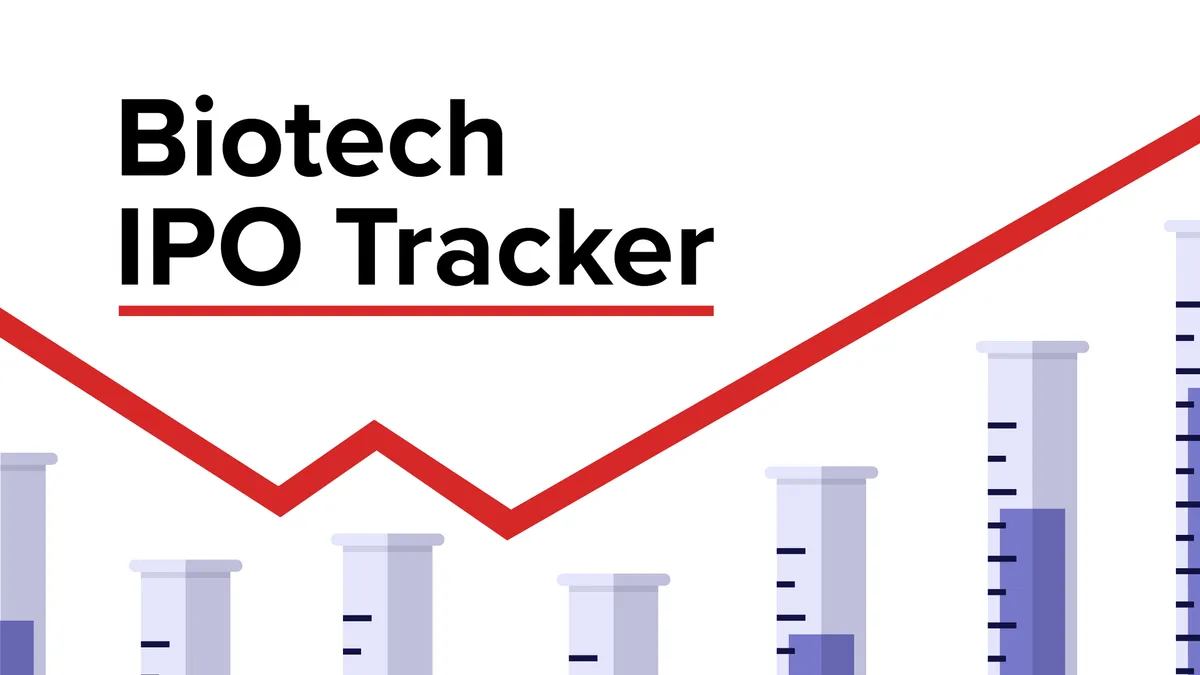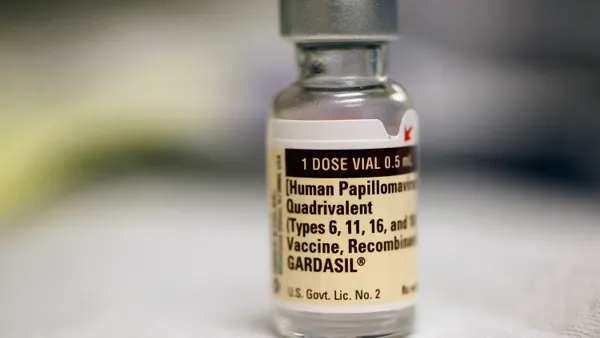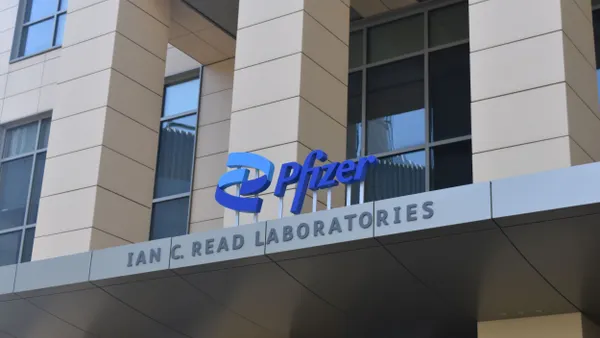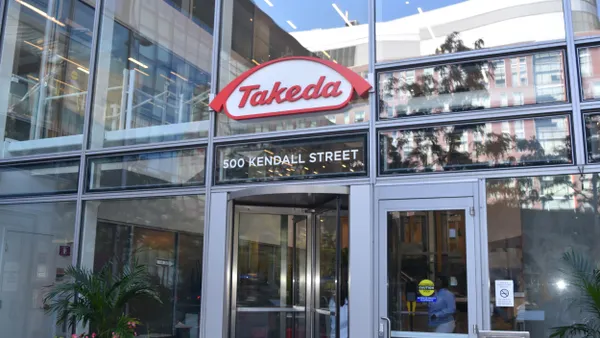Today, a brief rundown of news involving Novartis and AbbVie, as well as updates from Biogen, Merck & Co. and Sanofi that you may have missed.
Novartis on Friday reported fourth quarter and full year results that beat analyst forecasts, driven by sales growth for a range of products including the heart drug Entresto, cholesterol-lowering medicine Leqvio and breast cancer therapy Kisqali. Net sales rose from about $45.4 billion to $50.3 billion between 2023 and 2024, with net income also climbing from $8.6 billion to just over $11.9 billion. Novartis said net sales should grow by mid- to high-single digits in 2025, an “ambitious” projection given the coming patent expiration for Entresto this year, wrote Stifel analyst Eric Le Berrigaud. The numbers are “the result of a wise strategy of focus on key brands and key markets” that “is paying off,” he wrote. — Ben Fidler
Sales of AbbVie’s autoimmune drugs Skyrizi and Rinvoq are making up for the declines in Humira revenue due to biosimilar competition. Alongside fourth quarter earnings Friday, AbbVie said it now expects annual Skyrizi and Rinvoq sales to reach $31 billion by 2027, $4 billion more than it forecast a year ago. By that time, Skyrizi will account for $20 billion annually — roughly what Humira earned at its peak — and Rinvoq $11 billion, AbbVie said. Those estimates surpassed consensus estimates of $29 billion in combined sales by 2027, William Blair analyst Matt Phipps wrote in a note to clients. AbbVie’s revenue in 2024 climbed to $56 billion, a 4% increase over 2023 and ahead of Wall Street’s expectations. Shares rose about 7% in Friday morning trading. — Jonathan Gardner
Daiichi Sankyo CEO Sunao Manabe will be replaced by Chief Operating Officer Hiroyuki Okuzawa as head of the Japanese drugmaker on April 1, the company said Friday. Manabe has steered Daiichi since 2019, overseeing its rise as a leader in the development of antibody-drug conjugates. The company has struck a series of lucrative ADC-focused alliances with AstraZeneca and Merck & Co. under his watch, and seen the cancer drug Enhertu become a blockbuster medicine. Manabe will transition to executive chair once Okuzawa, who has been with the company since 1986, takes over. — Ben Fidler
The European Commission won’t yet approve Eisai and Biogen’s Alzheimer’s drug Leqembi, instead asking its drugs regulator to first review new safety information that became available after the committee endorsed the drug in November, Biogen said Friday. That regulator, the European Medicines Agency, had previously found Leqembi’s risks outweighed its benefits before changing course after the companies appealed. The EMA will now seek, at a February meeting, an updated opinion on potential safety considerations and monitoring measures. “Though not ideal,” the request “should not necessarily lead to an opinion reversal” given the strict risk management protocols currently in place, wrote RBC Capital Markets Brian Abrahams. — Ben Fidler
Merck stopped early another trial of its new lung-disease drug Winrevair because of evidence suggesting its clear benefits for people with pulmonary arterial hypertension. The trial, called Hyperion, tested Winrevair and background therapy against placebo and additional treatment in people with what’s known as functional Class 2 or 3 PAH, when the disease limits activity because of shortness of breath. As Winrevair already proved it worked in a study of more severely ill people with PAH, trial monitors decided it would be unethical for the placebo group in the Hyperion study not to receive treatment. Trial data will be released later this year and discussed at a future medical meeting. Launched last March, Winrevair recorded sales of $219 million through Sept. 30. — Jonathan Gardner
Sanofi on Thursday said its antibody shot for respiratory syncytial virus, Beyfortus, became a blockbuster medicine in its first full year on the market. Sanofi’s 2024 earnings report showed the drug generated sales of 1.7 billion euros, or about $1.8 billion, and 841 million euros in the fourth quarter alone. Sanofi attributed the recent uptick mostly to sales in Europe. More broadly, though, Beyfortus’ launch accelerated once the company ramped up manufacturing to address supply constraints. — Delilah Alvarado













